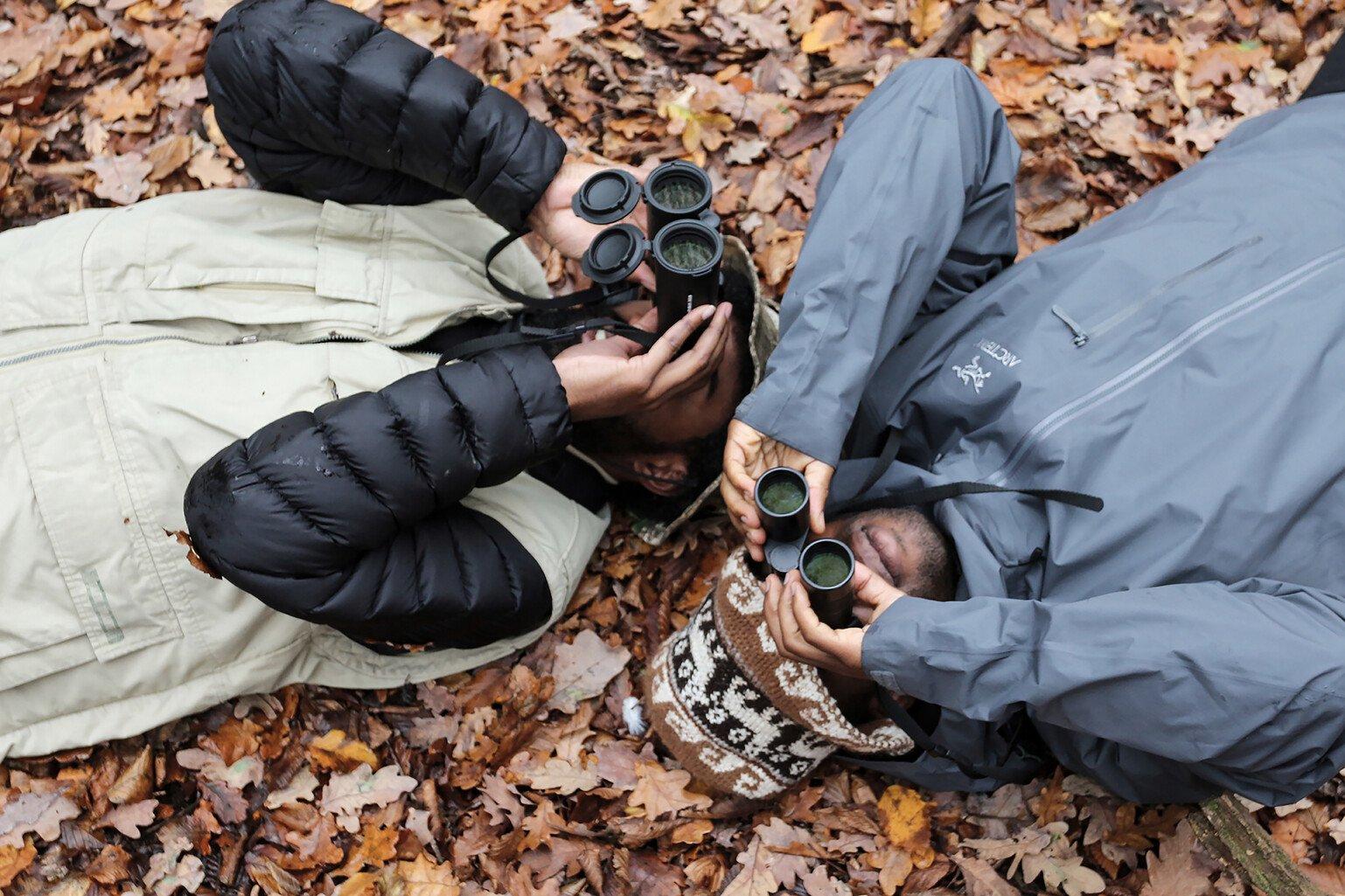
New funding calls aim to improve mental health interventions
Some mental health treatments and interventions are effective. Others aren’t. And there’s still little to no understanding of why, or how to improve the outlook for anxiety, depression and psychosis. New Wellcome funding aims to address that.

Rebekah Williams / Wellcome Photography Prize 2021
Our work in mental health focuses on anxiety, depression and psychosis. And we want to find ways to prevent or help to resolve symptoms of these conditions.
The new funding calls below aim to support that goal. And we couldn’t have developed them without the expertise of people with lived experience of anxiety, depression and psychosis.
We will always involve lived experience experts in our work, and we expect to see the same in the work we fund.
Learn more about our upcoming funding opportunities, opening in March and April.
Cognition in psychosis
Our first new funding call will tackle cognitive impairments in psychosis, an area of unmet need.
Hallucinations and delusions are among the widely known symptoms of psychosis. But people who experience psychosis will have other symptoms too. For example, reduced cognitive functions, like memory, problem solving and attention span. People may start experiencing these even before they’ve developed full symptoms of psychosis.
This can be devastating and may also interfere with their day-to-day life, such as getting and maintaining a job, living independently, or forming and maintaining relationships with other people.
Through this funding call, we want to develop and evaluate interventions to specifically address changes in cognition and improve day-to-day outcomes for people with psychosis, as well as understand whether markers of cognition can be used to personalise treatments.
Ultimately, our goal is to create interventions that tackle cognitive impairment in psychosis and improve treatment options available for people experiencing psychosis.
Understanding why interventions work
Sometimes we need to look backwards to move forward.
So another upcoming funding call will focus on improving interventions for anxiety, depression and psychosis by learning from approaches that already work.
This is called ‘back translation’ and involves researchers taking an intervention that we know to be effective and understanding why.
This is the reverse of forward translation, which typically involves trying to identify and understand why people have symptoms, and developing interventions such as a drug, therapy or policy solution to specifically address them.
While that approach is useful in many ways, progress in mental health research has stalled in recent years.
That’s why we’re funding research that takes a less explored perspective.
"We know that some mental health interventions work, but we don't really understand why they work. If we can build a clearer picture of why and how it is they work and for whom they work best, we can then refine the interventions we do have or come up with new interventions that will hopefully be more effective."
The objective is to potentially bring about new, more effective interventions for anxiety, depression and psychosis, while also improving what’s already used.
Our previously funded ‘active ingredients’ commissions, which identified the aspects of interventions that make a difference in preventing or managing youth anxiety and depression, helped steer the direction of this funding call.
Wellcome Mental Health Data Prize
This prize, due to open in April, will focus on depression and anxiety in young people.
We’re working with partners Social Finance UK to bring together multidisciplinary teams led from South Africa and the UK to find out what works to prevent, treat and manage youth anxiety and depression.
Selected teams will receive funding to explore existing datasets and develop new digital tools to enable further research.
Stay up to date with upcoming events and new information about the prize by signing up to the Social Finance mailing list.
To expand what’s possible, researchers from any discipline can apply for these mental health funding calls.
With the funding, we hope to build a better picture that can refine mental health interventions and effectively and adequately help those living with anxiety, depression and psychosis.
The ‘common metrics’ call is seeking a supplier to evaluate the strengths and limitations of pre-identified core measures of depression and anxiety, and develop toolkits to encourage their uptake in the research, funding and publishing communities. Suppliers will also identify and evaluate core measures for psychosis.


